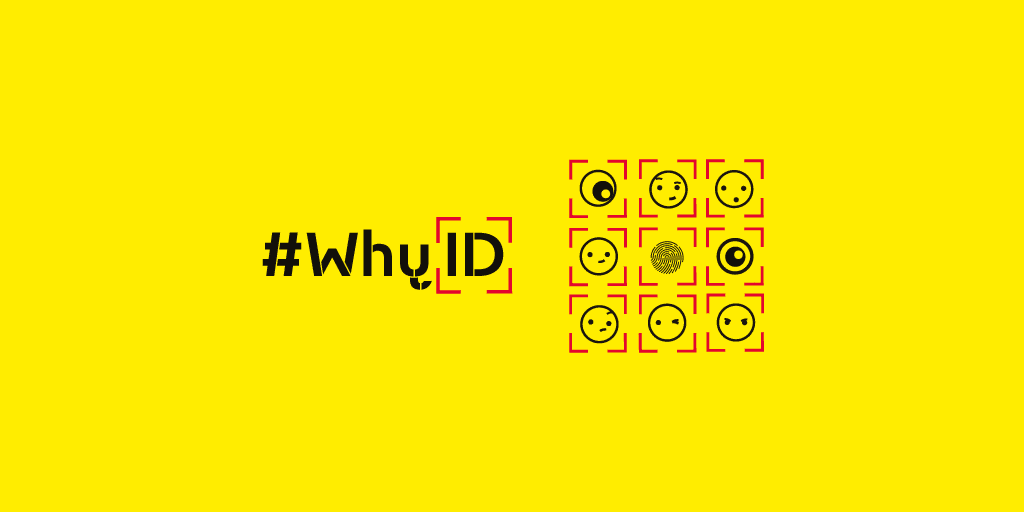Access Now and a coalition of 12 local and international organizations are calling on authorities in Jamaica to ensure human rights are at the center of a controversial new digital ID bill. Through a comprehensive submission to the Joint Select Committee of Parliament reviewing the National Identification and Registration Act, the coalition outlines urgent recommendations on the inclusion of guiding human rights principles, processing of personal data, governance, and accessibility.
“The current identification options available in Jamaica are divisive, and exclude some citizens, particularly members of vulnerable groups,” said Verónica Arroyo, Policy Associate at Access Now. “So while the idea of introducing a new digital ID bill seems laudable, there is real risk that a new system could create more problems than it solves. To be successful, the process now underway must ensure the system is people-centered, human rights-respecting, and compliant with the recently passed Data Protection Act.”
The submission highlights the aspects of the bill that are potentially dangerous for Jamaicans’ privacy and security and that create pathways to discrimination and exclusion. These include the collection of biometric data, a centralized interoperable database, lack of an independent authority, and the risk of the ID becoming a de facto mandatory document for accessing services.
Led by Jamaicans for Justice and Slashroots, key recommendations in the submission include:
- Minimizing the collection of data to obtain a legal identification
- The bill proposes the collection of more than 20 types of data, including facial images and fingerprints. This collection is disproportionate to purported objectives of the bill. Access Now discourages the use of biometrics in digital identity systems as they pose a danger to individual rights — such as the recent exposure of hundreds of thousands of migrants’ records — and introduce risks and potential flaws to the identification system.
- Designing rules on disclosure of information and verification of identity
- The bill opens up possibilities for arbitrary disclosure and misuse of personal data, including logs of where and when a person has used the ID to verify their identity. To protect Jamaicans’ privacy rights, information should only be shared from the system for the act of authenticating a person’s identity, and not for any other additional purposes. The submission proposes guaranteeing personal agency over the authentication record, restricting the disclosure options, clarifying who third parties are, and guaranteeing transparency and notification prior to disclosure.
- Establishing an independent authority shielded from political influence
- The bill establishes the overseeing authority as an agency of government under a parent ministry, risking the management to changing political directorates. The authority should be established as a Commission of Parliament or as another form of independent body.
“This is not the first attempt to establish a digital ID system in Jamaica,” said Carolyn Tackett, Deputy Advocacy Director at Access Now. “Last time, the act was declared unconstitutional by the Supreme Court for violating human rights. Unlike then, civil society now has the chance to propose recommendations, and we hope the government takes this opportunity to take part in a dialogue with us, and work toward a safer system that places human rights at its core.”
